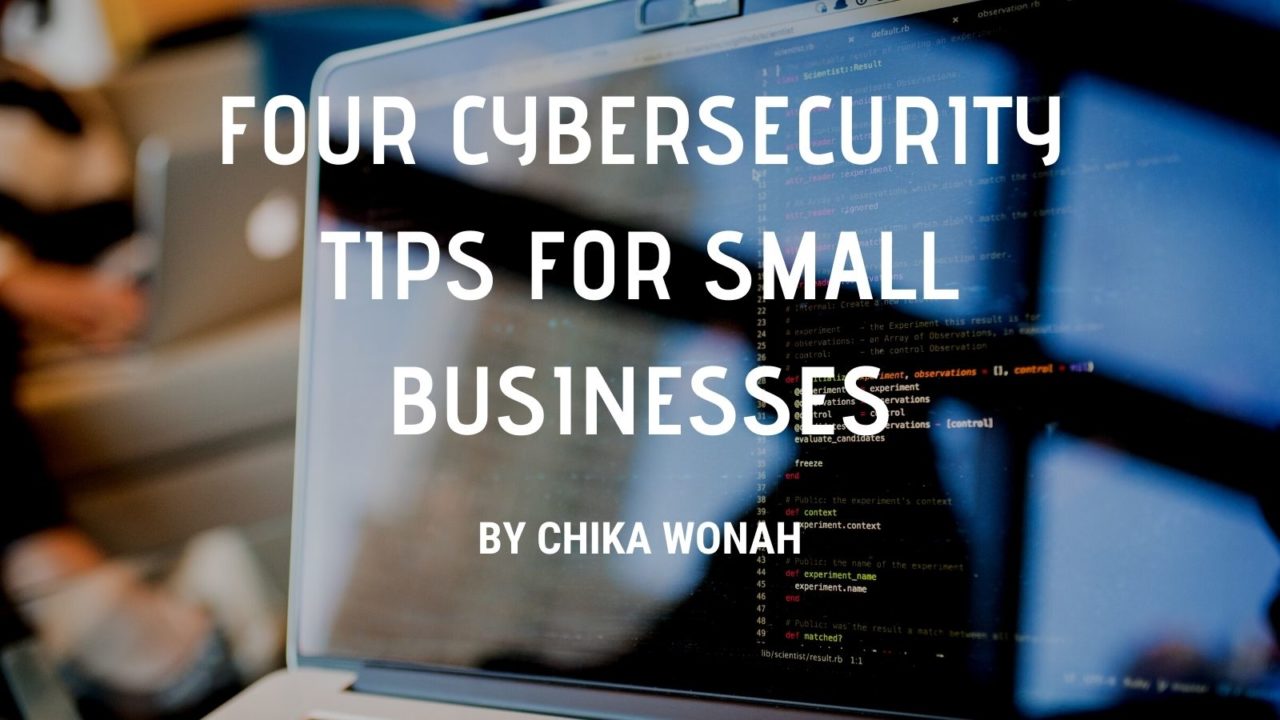Most small business owners ignore the threat posed by cybersecurity. There is a common myth that cybercriminals can’t attack small businesses and start-ups. However, cybercriminals are now focusing on small businesses as they are aware that they put very few measures against cybersecurity threats. Cybercriminals target small businesses with the aim of hacking and stealing vital data. A single hack may eventually lead to loss of business records, fraud, and theft of customers’ confidential information.
The following are four cybersecurity measures that small businesses should consider:
1. Encrypt and back up all business data.
Small businesses should have all their data encrypted before backing up their data. They should consider installing encryption software to encrypt all sensitive email and hardware drives. It’s advisable not to store essential business data in one place. Therefore, small businesses should back up all data in an external drive or the cloud storage, or both.
2. Install firewalls.
Why would you operate systems without an effective firewall? A firewall prevents any unauthorized access into the small business networks. Firewalls are readily available as there are multiple vendors in the market.
3. Install antivirus protection software.
Antivirus software is for protecting small businesses from viruses, spyware, and malware. Small businesses should use up-to-date antivirus software since they have improved patches; hence, cybercriminals can’t exploit the older version’s weaknesses. System users should also regularly scan all hardware for malware to ensure that the systems are secure from viruses.
4. Embrace strong passwords.
Every computer hardware, software, system accounts, and essential documents should be password-protected. Small business employees should avoid easy-to-guess passwords, e.g., date of birth, ID number, etc. When creating strong passwords, ensure you include numbers, symbols, and a combination of capitalized and small letters. Even if the passwords are strong, small businesses should regularly change them since hackers may have intercepted them and wait for the right time to attack.
With all the above four cybersecurity tips, why would any small business and start-up wait to experience data theft? A successful hack into the system may lead to financial losses and unending lawsuits from customers whose confidential information has leaked. Third parties can be a source of your cybersecurity vulnerability; hence small businesses should only deal with third parties who have embraced effective cybersecurity measures.
